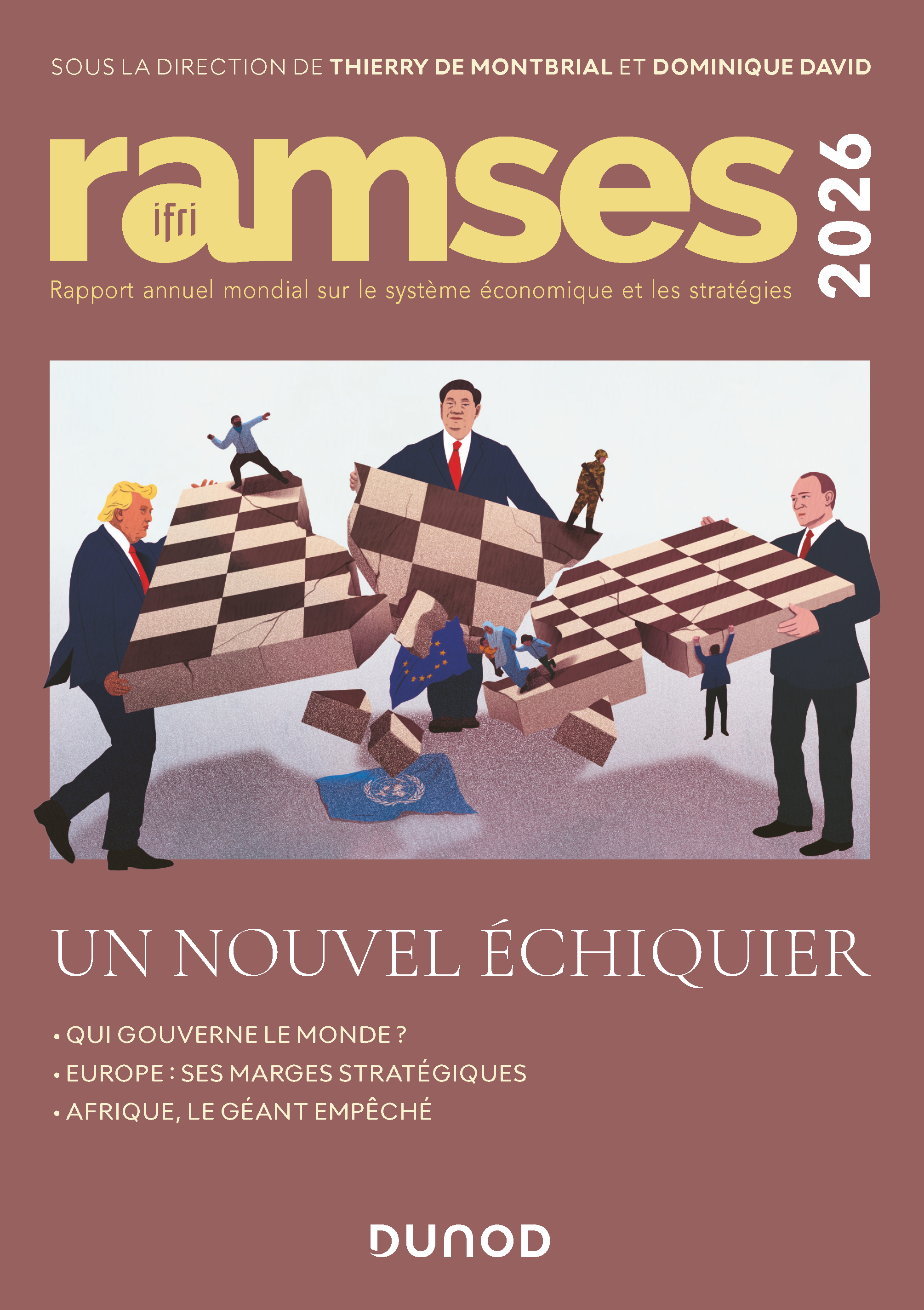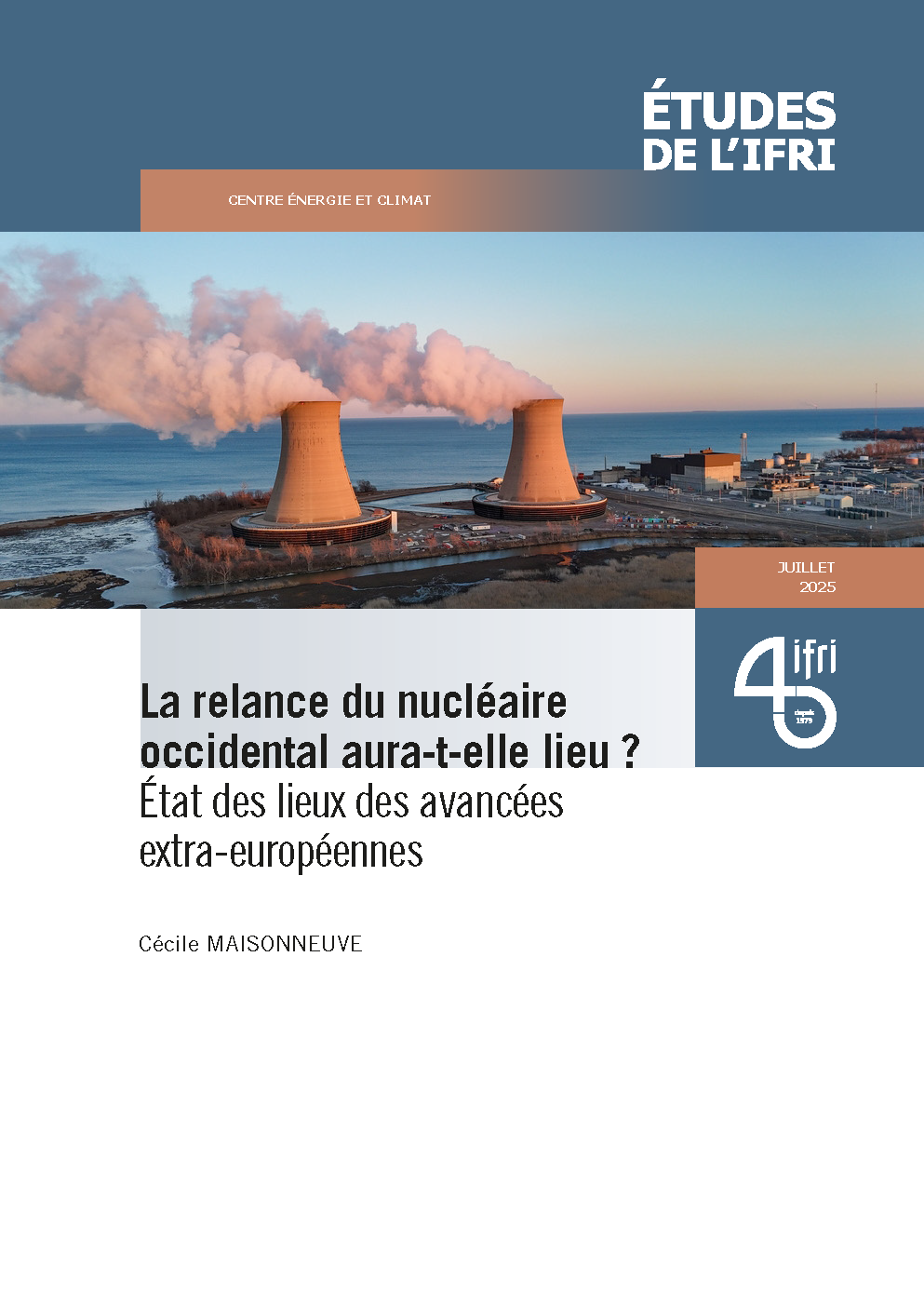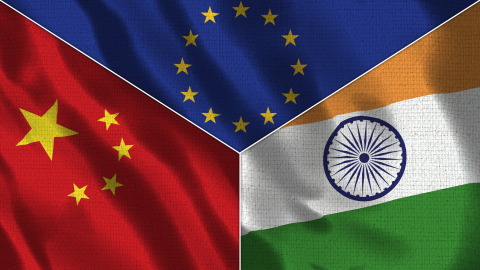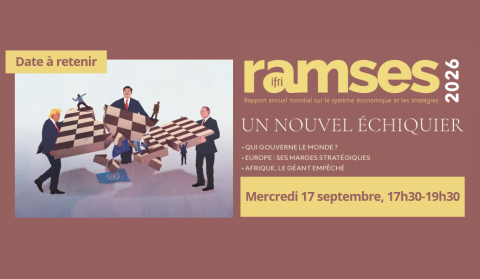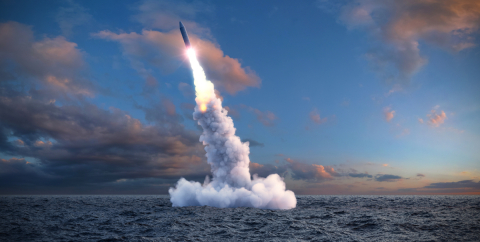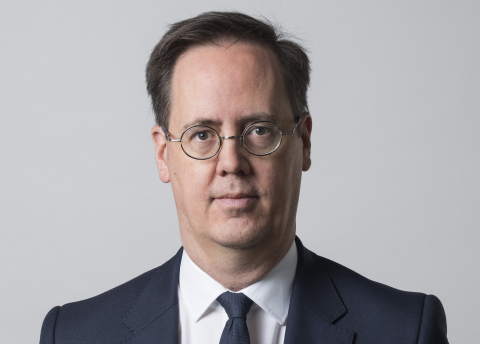
Informations pratiques
Thématiques et régions
Centres et programmes liés
Ceci est un événement réservé.
En savoir plus sur nos programmes de soutienConference organised by the IFRI and the CEPII around Jeffry A. Frieden, Professor, Department of Government, Harvard University. Moderator: Jacques Mistral, Head of Economic Studies, IFRI. Discussants: Patrick Allard, Counsellor, Centre for Analysis & Forecasting, French Ministry of Foreign and European Affairs and Gunther Capelle-Blancard, Deputy-Director, CEPII.
Conference in english
Global macroeconomic imbalances were a major cause of the current crisis, and attempts to deal with them are certain to create powerful national and international tensions. What are those tensions likely to be, and what do they tell us about prospects for the future? Rebalancing of growth, then, raises again the problem of winners and losers. The structure of interests in the major societies will change as their economic orientation changes. How can governments facilitate positive changes and strengthen an international environment in which cooperation among the major powers takes place?
Sujets liés
Autres événements

Cycle « Ce qui fait bouger l’Allemagne » - Quel avenir pour la transition énergétique ?
Avec l’arrivée du nouveau gouvernement fédéral allemand et le passage des Verts dans l’opposition, la question de l’avenir de la transition écologique se pose. Celle-ci doit concilier compétitivité industrielle, emploi et cohésion sociale, et constitue une opportunité de modernisation des infrastructures énergétiques tout en réduisant la dépendance aux énergies fossiles.
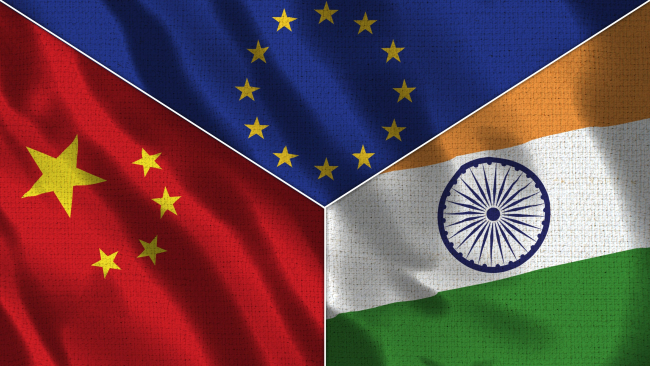
La reconfiguration du triangle Europe-Inde-Chine à l’aune de l’administration Trump 2
Un déjeuner-débat autour de Sylvia Malinbaum, chercheuse et responsable de la recherche sur l'Inde et l'Asie du Sud au Centre Asie de l'Ifri et
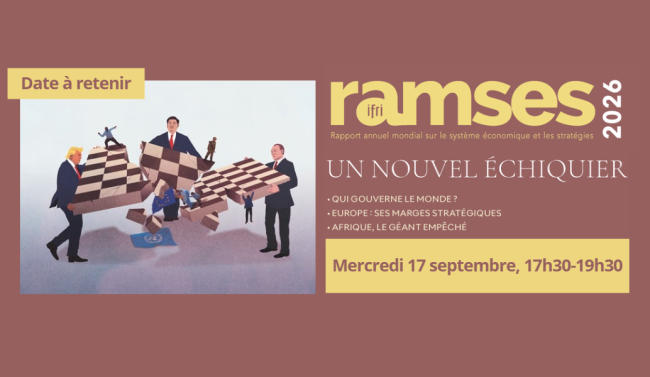
Un nouvel échiquier. Présentation du Ramses 2026
Un échiquier mondial haché par les vertiges de puissance. Un spectre hante le monde : la fragmentation - après des décennies chantant l'ouverture et l'unification sous le signe du progrès technique et de l'accélération des échanges. On passerait ainsi d'un espace mondialisé à un espace haché, émietté en égoïsmes nationaux, intérêts égoïstes insoucieux des autres, effaçant au passage l'espoir d'une gouvernance faisant écho aux intérêts communs d'une humanité unie.


